Must Know Difference Between Sports Drinks and Energy Drinks
By Nmami Life Editorial 08-May 2020 Reading Time: 7 Mins
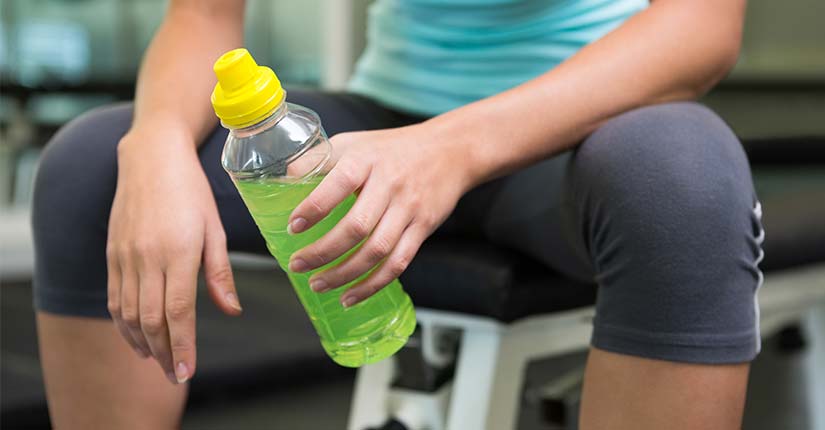
In this world of being body and fitness conscious, people are getting drawn to a lot of products which they don’t know much about. For instance, sports drink and energy drink, we often don’t know the difference between the both and people who even work out a little consume it without realizing that this product might not be suitable for the kind of workout they might be performing. While you think your kids might be drinking something healthy to boost their energy levels, they may be doing exactly the opposite.
Do energy drinks really provide energy?
Energy drinks are completely different than sports or regular drinks. They contain caffeine, other stimulants, and often sugar. The key ingredient in energy drinks is caffeine that speeds up the central nervous system so your mind tells your body to keep going even though you may not be physically capable. In that case, it is clear that when the effects of the energy drink fade away, so does the person’s energy.
Many of us develop a craving for energy drinks because of caffeine and sugar being the main ingredients, giving us the much-needed rush of energy whenever we want it. Also, sugar and caffeine, both are addictive in nature. Energy drinks have got a bad rep because the high caffeine content acts as a diuretic, causing the kidneys to pull more water out of the bloodstream. This means that instead of the digestive system being able to pull the water content for the body to use; it is being directly streamed to the kidneys. This makes energy drinks dangerous when you consume them during workouts or long-distance marathons. The excessive fluid loss from sweating combined with the diuretic nature of caffeine can lead to severe dehydration.
Energy drinks contain a much higher dose of caffeine than other drinks kids are consuming and can be quite toxic, the high dosage can lead to tremors, anxiety, hypertension, headaches, nausea, and insomnia.
Sports drink is meant for all sportspersons?
Sports drinks provide fluid along with essential substances called electrolytes (sodium, potassium, magnesium) that are lost in sweat. They provide carbohydrate in an amount and form that can help athletes who exercise intensely (more than an hour), or in very intense short bursts (as in hockey). Sports drinks contain about two-thirds the calories of regular fizzy soft drinks and minimize the risk of GI distress (which happens quite often with energy drinks).
Research shows that 100 to 200 milligrams (mg) of caffeine (about 1 to 2 cups of regular coffee) provides a boost of energy and increases alertness. Many cans of energy drinks provide caffeine in this range but extra-large portion sizes and additional stimulant ingredients may bring caffeine as high as 500 mg per can or bottle, and some energy drink users consume more than one can which can turn out to be harmful.
Although relatively small amounts of caffeine taken shortly before sports or exercise can enhance and prolong the ability to exercise, using caffeine to increase energy levels can end up worsening energy problems in the long run. When the amount of caffeine consumption is more than 250 mg caffeine per day, people may experience headaches, sleep difficulties, or increased anxiety.
Sports drinks are meant for people doing a high level or strenuous physical activity. For most children and even adults, sports drinks aren’t required to meet daily activity levels and it’s best to consider sports drinks as a ‘sometimes’ drink rather than an ‘every day’ casual drink like those regular fizzy aerated drinks. The best way for a child to keep hydrated is to drink water.
Over to you
Energy drinks should be consumed before a vigorous physical activity and sports drinks are to be had during the activity. This is something that one should be clear with. Though there might be many popular brands in the market, always test a drink out during practice instead of the final marathon or competition because what works for someone else might turn out to be different for you. And remember, staying hydrated is crucial. So don’t forget to keep sipping on water or juices throughout the day.
Making reading labels on packaging a part of our everyday buying decision can help a lot. We need to know and understand what the ingredients are and whether there are any major risks or side effects from consuming certain products.
One thought on “Must Know Difference Between Sports Drinks and Energy Drinks”
Leave a Reply
Your email address will not be published. Required fields are marked *


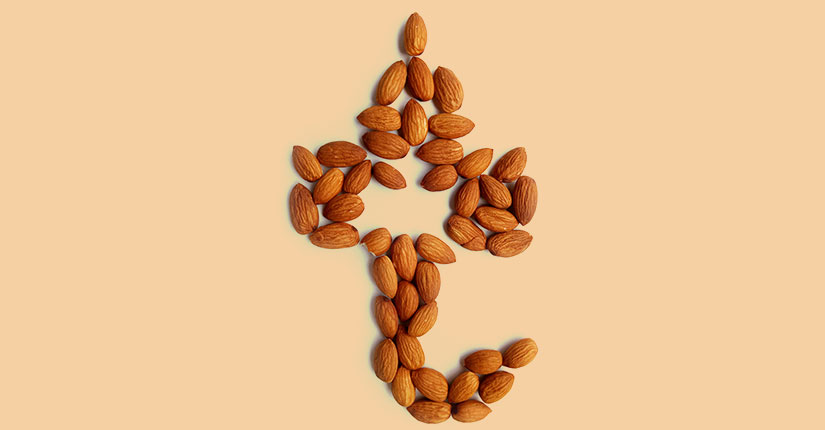
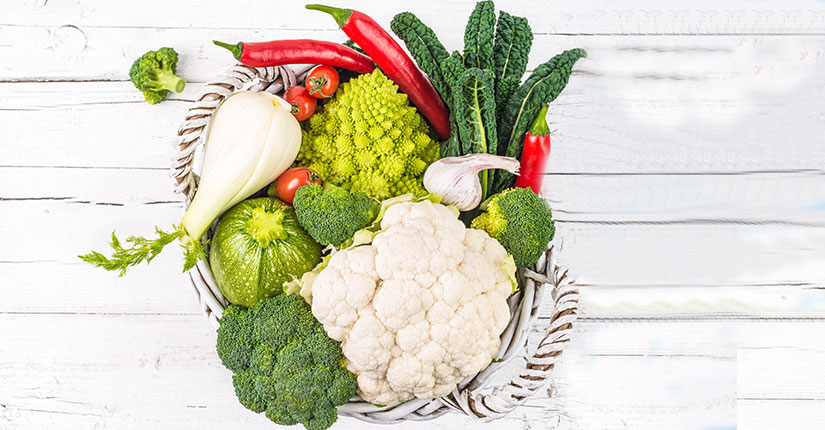


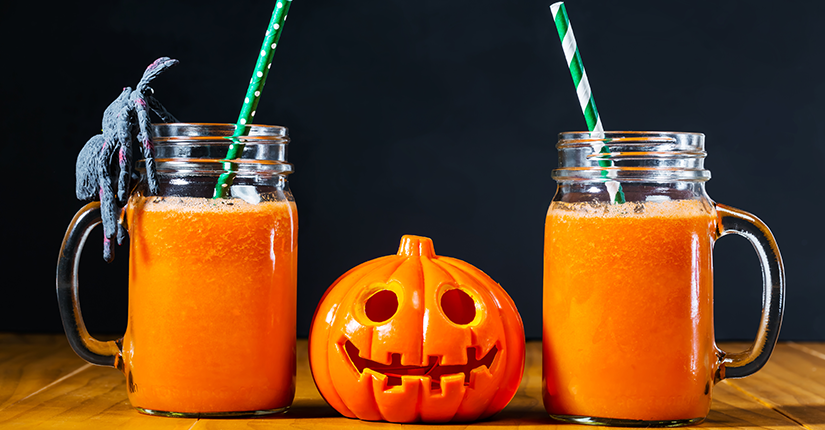

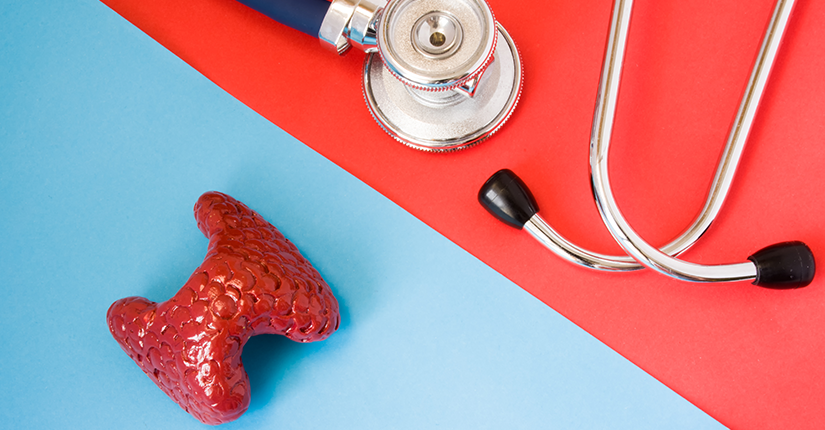


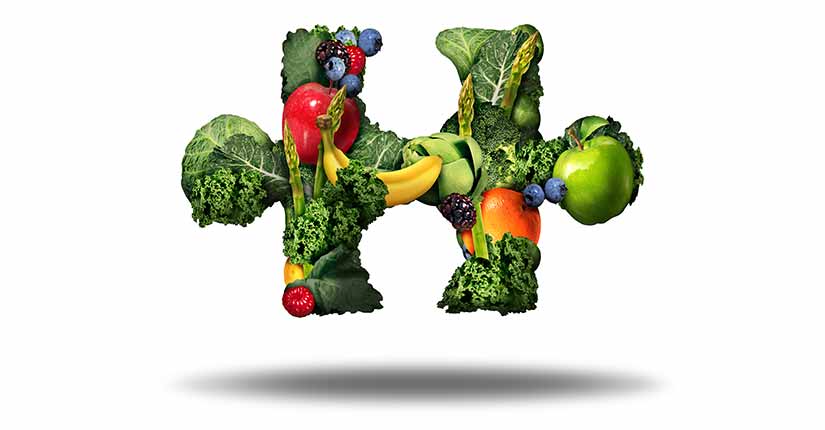


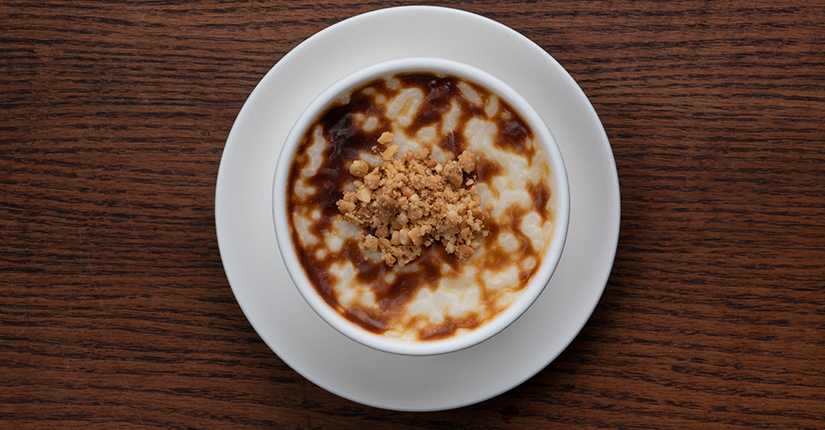

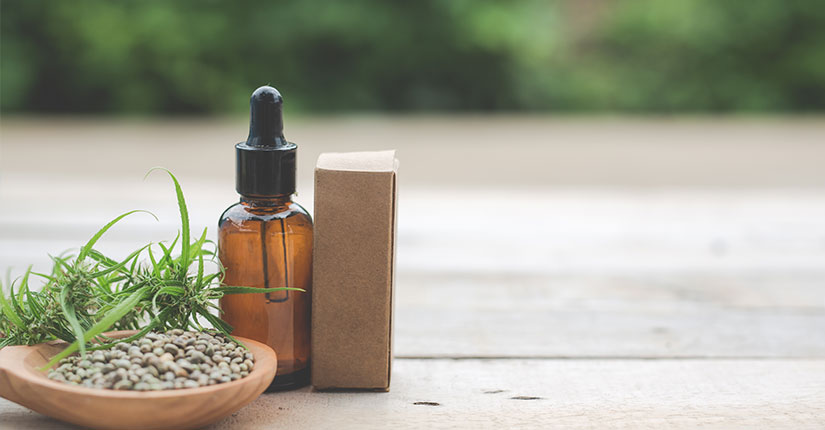
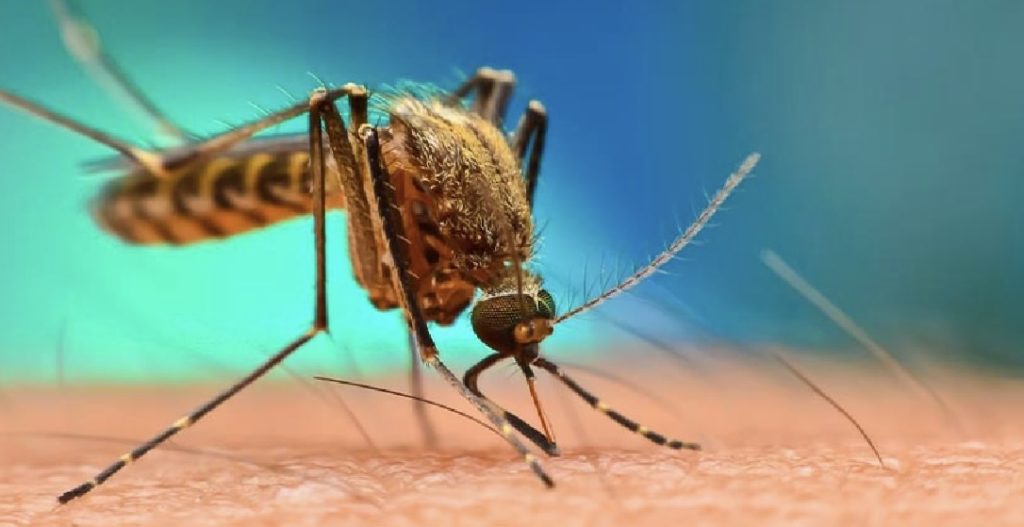

Hello to all, it’s in fact a good for me to visit this web page, it consists of
valuable Information.